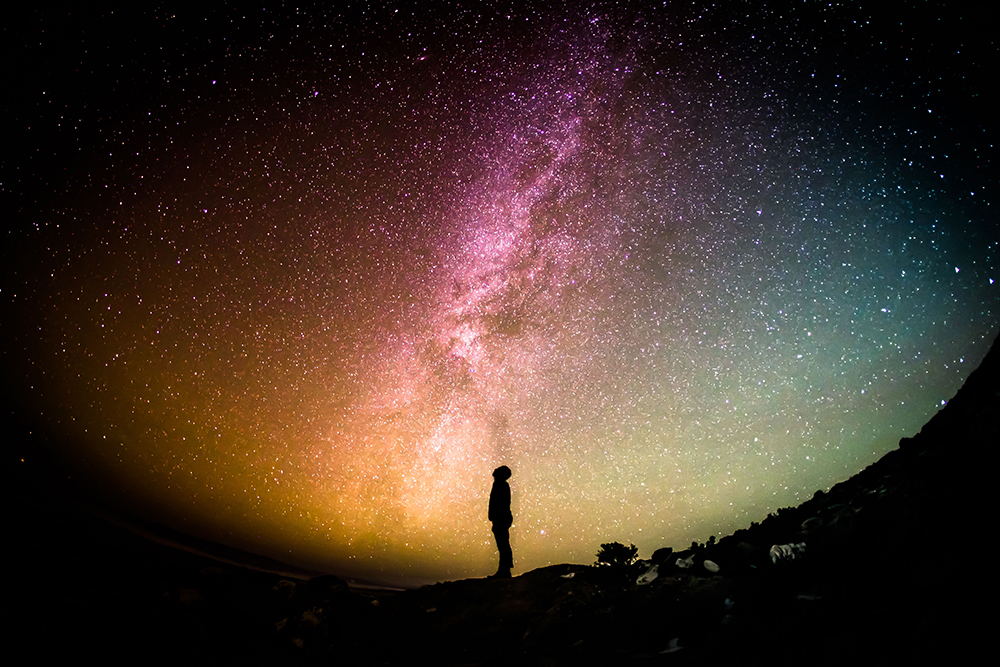
Kim Klement/Associated Press
As Jacob Blake was added to the long list of Black people law enforcement has brutalized, it became clear to NBA players that previous pleas for social justice from the Florida bubble weren’t enough.
LeBron James@KingJamesFUCK THIS MAN!!!! WE DEMAND CHANGE. SICK OF IT
Wednesday afternoon kicked off what will go down as one of the most important days in the history of athlete activism as Milwaukee Bucks players refused to leave the locker room to take the floor for Game 5 of their first-round series against the Orlando Magic. The decision was to not play the gamea playoff game with real stakes for the No. 1 seed in the Eastern Conference. Why? Another act of police violence against a Black person, this time in their own backyard in Kenosha, Wisconsin.
Now, the season is in serious jeopardy. Shams Charania of The Athletic and Stadium reported that the Los Angeles Lakers and Los Angeles Clippers voted not to play the rest of the playoffs while the other 11 remaining teams wanted to continue, though ESPN’s Adrian Wojnarowski noted this was more a polling than a final vote.
Yet again, NBA players have turned the mirror back on America. Thursday’s emergency Board of Governors meeting will show if the NBA’s real power-brokers see what the players see: ugliness that can’t be avoided and a need for ever more change.
NBA players are potentially putting millions of dollars on the line if the season doesn’t resume. Some of the league’s biggest stars can afford to take that risk; some in the lower ranks can’t. Nonetheless, it’s a risk they all may have to take because the stakes are too high for the future of the countryand for their humanity as mostly Black men.
Soon after the Bucks’ strike, the Houston Rockets and Oklahoma City Thunder players followed suit. The NBA soon announced all three of Wednesday’s games would be postponed, which isn’t quite accurate. This was a player-driven decision that caught the league office off-guard.
Before the night was over, the WNBA, tennis star Naomi Osaka and several baseball teams (including the Milwaukee Brewers) had joined in on what amounted to a general strike of professional sports.
But rewind to earlier this week when players first started to take public stances. Players including the Utah Jazz’s Donovan Mitchell and the Toronto Raptors’ Pascal Siakam expressed regret about agreeing to restart the season in the first place.
The kind of radical thinking and admirable-but-unfeasible proposals you might expect from the fringes of NBA Twitter were coming from the players.
Soon, we saw reports that Raptors players were considering not playing Game 1 of their second-round playoff series, which is scheduled to begin Thursday.
It’s too early to say whether the strike will end the season or if games will resume in a few days. No player is under the illusion that walking off will, by itself, reverse America’s centuries-long legacy of institutionalized racism.
But players have tried every other avenue to create the change that is desperately needed, and nothing else has worked. So they’re making their biggest statement yet, one that will be impossible to ignore and will be written about in history books.
Wednesday’s events were the logical extension of a restart that had players profoundly uncertain, both due to safety concerns surrounding the COVID-19 pandemic and the question of whether returning to play following the most widespread civil-rights protests in American history would be detracting from more important issues.
The NBA and NBPA ultimately agreed to some conditions for the players to return to work and the league to salvage some of the revenue that has been decimated by the pandemic. Some of the social-justice initiatives were surface-levelpainting “Black Lives Matter” on all three of the courts at Disney’s Wide World of Sports and the list of slogans players were permitted to place on the back of their jerseys.
Others were more meaningful, such as the league and its 30 teams recently committing $300 million to support economic empowerment in Black communities.
The NBA also agreed not to enforce its longstanding rule requiring players to stand for the national anthem, and the first few days of the restart saw some high-profile kneeling displays from teams that allowed everyone to feel good about participating in the restart.
The players have done their best to work within these parameters and enact change.
Some players, most notably the Philadelphia 76ers’ Tobias Harris and the Denver Nuggets’ Jerami Grant, have spent entire media Zoom calls only answering questions about Breonna Taylor, the 26-year-old Black woman killed by police officers in Louisville in March.
Most players picked a slogan from the NBA’s list, and many have used their media time to explain their choices.
They’ve been vocal on social media, both about specific police-brutality victims (Taylor, George Floyd, Elijah McClain and now Blake, among far too many others) and about greater societal problems that need to be addressed. Nearly every day, a player or coach has made an impassioned plea for change that has been reported, tweeted and shared all over social media.
Bleacher Report@BleacherReport”It’s amazing to me why we keep loving this country and this country doesn’t love us back. … If you watch that video, you don’t need to be Black to be outraged. You need to be American and outraged.”
Doc gave a powerful speech on the police shooting of Jacob Blake https://t.co/RzUPC6Fzfh
In the immediate aftermath of the killing of Floyd on May 25 in Minneapolis and the days of heightened protests all over the world that followed, it briefly felt as though there was some real momentum toward meaningful societal change on these issues.
It was around that time that the terms of the restart were being negotiated between the league and players’ union. At the time, putting slogans on jerseys and partnering with some Black-owned businesses seemed like a great way to keep the focus on the right things while also giving fans the entertainment they’d been craving since the NBA’s initial shutdown on March 11 and helping the league make back some of the money it had lost.
But as the horrifying but all-too-familiar video of Blake being shot in front of his children laid bare, we’re not any closer to real solutions than we were in the first week of June. So the NBA’s players decided to put their money where their mouth has been. All that talk of “using their platforms to create change” hasn’t been enough.
So they walked out.
It’s important to remember this almost happened once before. Less than three months into Adam Silver’s tenure as NBA Commissioner, a strike during a playoff series was very nearly a reality. Clippers and Golden State Warriors players discussed sitting out Game 4 of their 2014 first-round series after TMZ published an audio recording of racist comments made by then-Clippers owner Donald Sterling. A big part of why they ultimately played that game was that they trusted Silver to have their backs.
He came through for them, issuing a lifetime ban for the widely loathed Sterling. It was not only the right thing to do but was also a politically savvy move for the new commissioner. It bought him a massive amount of goodwill with the players, who by and large came to view themselves as partners with the league rather than the adversaries they were under Silver’s predecessor, David Stern. It also allowed the NBA to position itself as the most progressive men’s sports league in America, which is both true and an extremely low bar to clear when the competition is the NFL and Major League Baseball.
But contrary to what some bad-faith actors like to bring up when discussing the NBA’s ratings, the league’s politics are very middle-of-the-road. The rule about standing for the anthem is still on its books when there’s no reason for it to be. Silver and the league office also badly mishandled the fallout from Rockets general manager Daryl Morey’s October tweet in support of Hong Kong, under pressure to maintain their deeply lucrative business interests in China.
Their solutions to players’ concerns about the focus on social justice in the bubbleslogans on jerseys and courtswere certainly not harmful. But they were also not any less safe or focus-grouped.
Whether the season finishes is up in the air. What is crystal clear is that on the players’ end, the desire to fight for a better life for themselves, their children and Black people throughout the country isn’t just talk. They’re willing to risk it all.
Do the owners care enough about their short-term money and the league’s long-term legacy to listen to them?
Sean Highkin covers the NBA for Bleacher Report. He is currently based in Portland. His work has been honored by the Pro Basketball Writers’ Association. Follow him on Twitter, Instagram and in the B/R App.

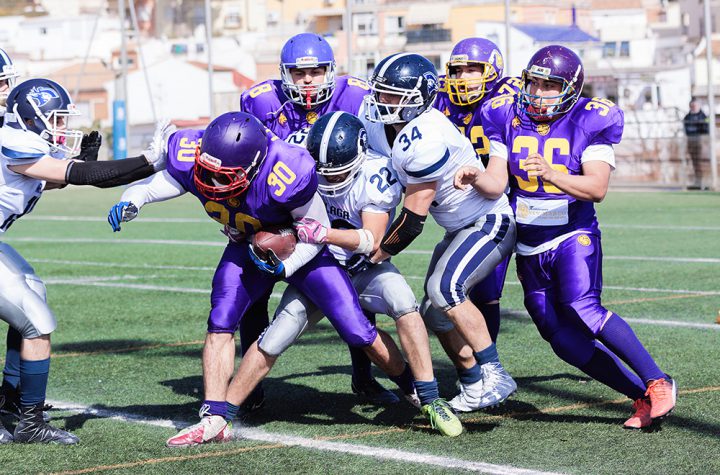
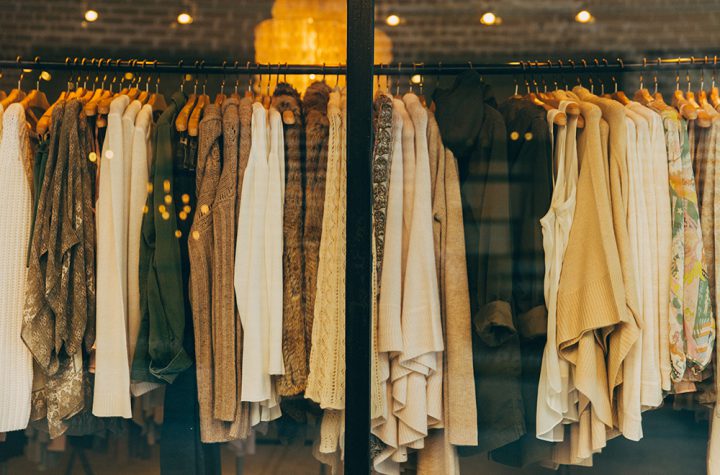
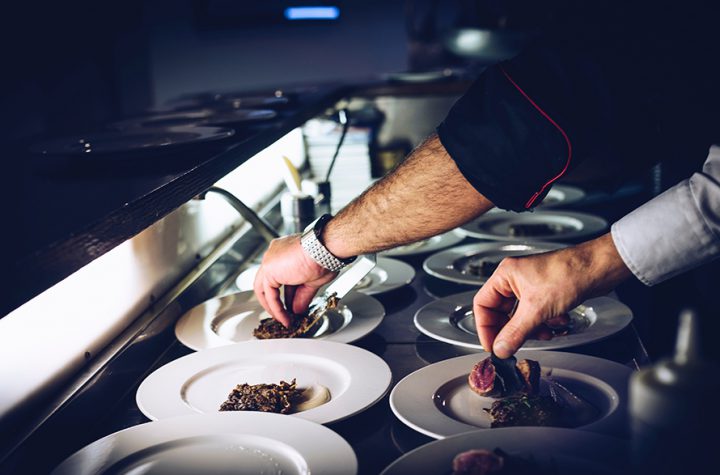
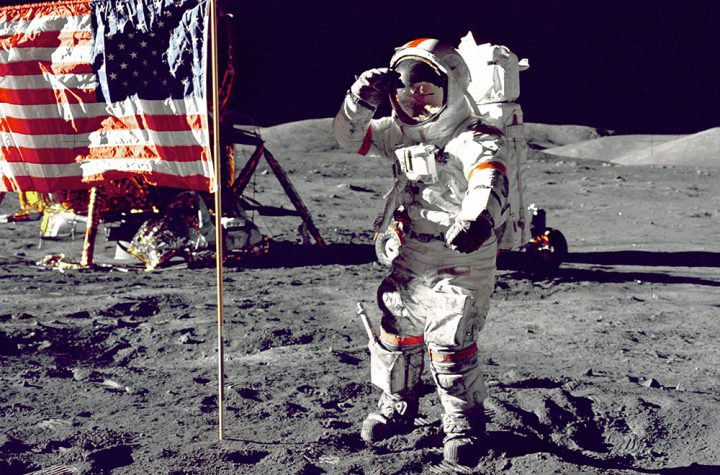
More Stories
All the reaction from the Premier League, plus FA Cup first-round goals.
Company co-founder Josh Giegel and Sara Lucian are the first people in history to ride in a Hyperloop.